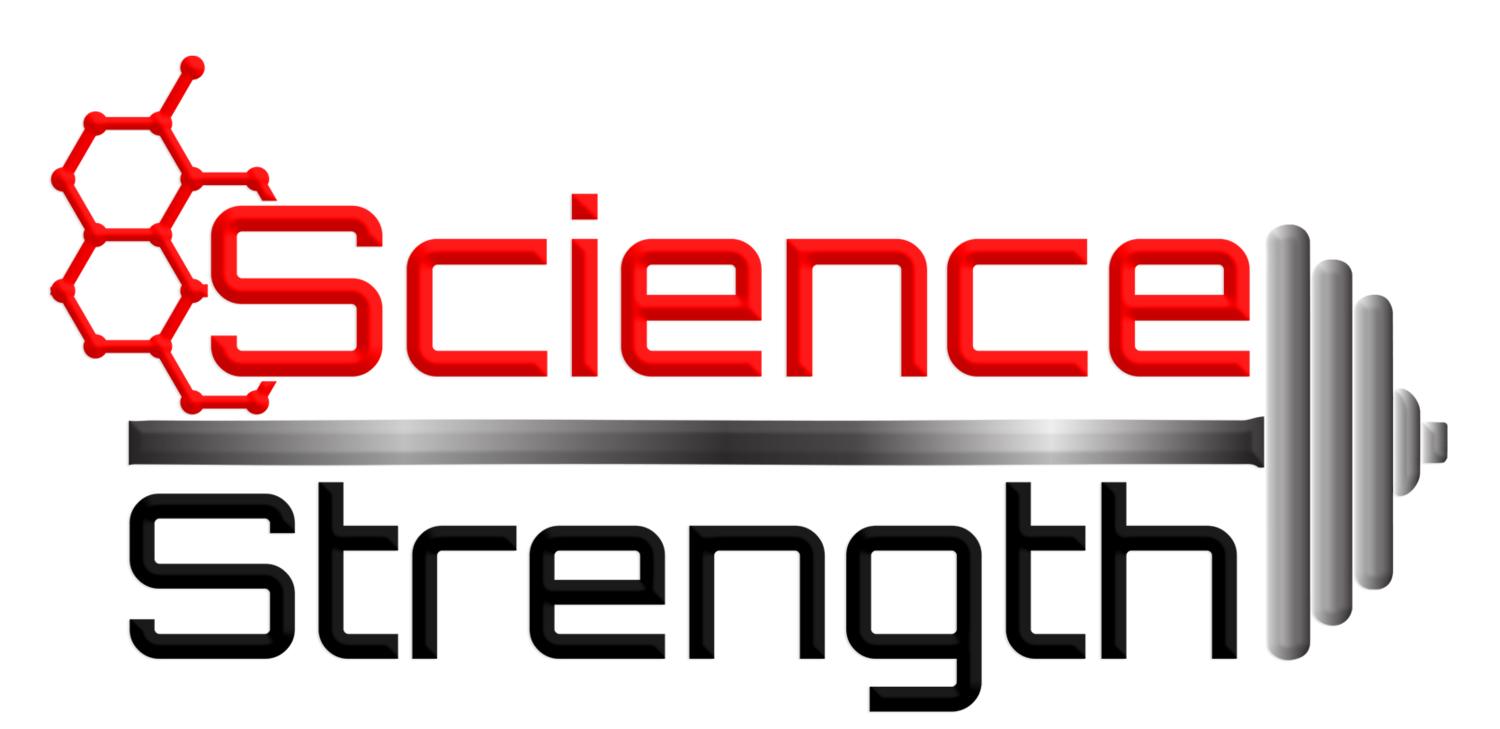Branched Chain Amino Acids (BCAA) is a popular supplement among athletes. BCAA is a mixture of three essential amino acids - leucine, isoleucine and valine - that cannot be produced in the human body, however, have may important biological functions. Leucine, for instance, gives the signal to for muscle protein synthesis initiation and is crucial for muscle hypertrophy (more details in my earlier post about meal planning for maximising muscle protein synthesis). Research studies have shown several benefits of BCAA supplementation:
BCAA and weight reduction - During dieting cycles, when muscle glycogen and muscle glucose concentrations are low, BCAAs can by burned as fuel and preserve muscle mass.(1,2)
BCAA as muscle building supplement – It has been speculated that BCAA ingestion after exercise can reduce protein degradation and increases muscle protein synthesis beyond normal adaptations. However, this study was conducted on untrained individuals. Whether the results can be transferred to resistance trained athletes is not clear.(1)
BCAA for performance enhancement – BCAA intake during prolonged exercises theoretically improves perception of fatigue. However, research data shows mixed results.(2) A possible reason why no clear data is available may be the fact, that BCAA inhibit brain uptake of other amino acids, such as tryptophan and tyrosine.
Tyrosine is the precursor molecule for compounds called catecholamines. These compounds are produced in the brain and are associated with enhanced physical performance. In theory, the positive effect of BCAA as performance enhancer may be reduced because BCAA also diminish catecholamine production.(3,4)
Tryptophan is a building block for the neurotransmitter serotonin. High BCAA concentration in blood decreases tryptophan uptake into the brain. Since serotonin is associated with fatigue during exercise, BCAA intake has a positive effect on performance, in this case.(3,4) However, this is not the end of the story. Serotonin is also known as the happiness hormone. Higher serotonin concentration results in a better mood.
Practical tips:
WHAT TO DO TO ENHANCE PERFORMANCE
Some research suggests that addition of tyrosine (to prevent decline in catecholamine production) to BCAA can lead to performance enhancement. However, no research was performed on humans addressing this topic, up to date.(4) Many studies have been carried out in rodents. The results of these studies may not necessarily apply to humans, as metabolism in humans and rodents differs.(1) More research data is necessary to draw solid conclusions.
WHAT TO DO IF BCAA SUPPLEMENTATION CAUSES LOW MOOD
Tryptophan (building block for happiness hormone) competes with other amino acids for brain uptake. Thus, the ‘tryptophan to total amino acid’ ratio is crucial and not simply tryptophan amount. Protein-rich meals, for example, were shown to decrease happiness, as tryptophan is outcompeted by other amino acids (especially essential amino acids), which results in a poor tryptophan brain uptake from the blood stream. For this reason, foods high in tryptophan and low in protein may have the highest mood boosting effect. In contrast, carbohydrate-rich meals have been shown to enhance the mood, as they indirectly boost tryptophan uptake into the brain. Mechanism of action: carb rich meals lead to an increase in insulin level. Insulin makes our cells (e.g. muscle) taking up various amino acids, especially BCAA, leaving more tryptophan in the blood stream. This increases ‘tryptophan to total amino acid’ ratio in our blood stream and results in a higher tryptophan uptake by our brains. More tryptophan in our brains results in a higher serotonin production and our mood increases.(5)
Bottom line:
In my opinion, BCAA supplementation makes sense during cutting cycles to preserve muscle mass. Whether BCAA supplementation improves muscle protein synthesis in trained individuals is questionable. Here, the total protein intake (especially essential amino acids) is the more important factor. Also, it is is not clear if BCAA supplementation is beneficial for performance improvement. Hard, well-planned and focused training is probably the better option to improve performance than relaying on any supplement. Those who notice a state of low mood caused by BCAA supplementation or a high protein diet should focus on consumption of tryptophan and carbohydrate-rich food and consider to stop supplementing with BCAA. Supplementation with tryptophan to counteract the mood lowering effects of BCAA is not the best option, as tryptophan supplementation can lead to several side effects.
References: (1) http://www.jissn.com/content/11/1/20 (2) http://www.jissn.com/content/7/1/7 (3) http://www.ncbi.nlm.nih.gov/pubmed/22677921 (4) http://www.ncbi.nlm.nih.gov/pubmed/23904096 (5) http://www.ncbi.nlm.nih.gov/pubmed/12499331
